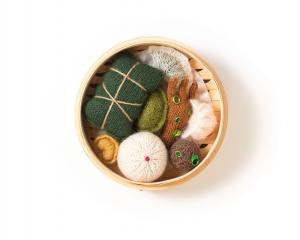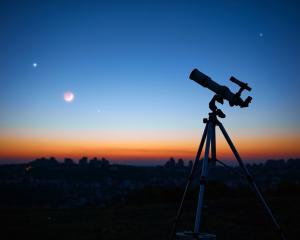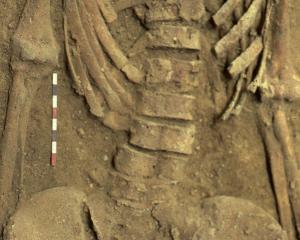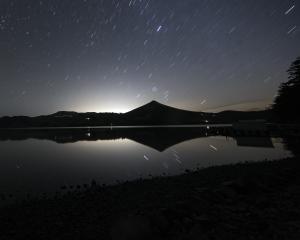Mr Painter, now deceased, recorded his recollections of working on the project for the golden jubilee celebrations in 1984, when he was 86 years old, and said working conditions were "very primitive".
On the coldest days, a "public holiday" was declared because it was too dangerous to work.
It was so cold, birds were falling to the ground, frozen to death.
As soon as the snow had thawed, followed by rain, there were floods and bridges at the dam were washed away.
New Zealand was in the midst of the Depression, work in the cities and elsewhere was very scarce and people from as far away as Auckland and Bluff arrived at the construction site every day looking for a job.
"They were a motley mixture," he said.
Labourers were paid the equivalent of 80c a day (a loaf of bread cost about 5c), skilled labourers $1.20 and tradesmen $1.50 - "you either accepted or it was back to where you came from".
Workers were provided with free accommodation, which made the low wages more acceptable.
Qualified engineers, accountants, office workers, musicians, artists and professional men were all pleased to get a job, especially with accommodation provided.
Rules of the camp were rigidly enforced.
The nearest hotels were two at Kurow but no liquor was allowed in the dam settlement.
"If you were caught on the job under the weather it was instant dismissal -`down the road mate'," Mr Painter said.
Offenders collected their pay and were escorted out of the settlement by the local policeman.
With a population of between 2000 to 3000 in the construction village making it the second-biggest town in North Otago, entertainment was provided by the people themselves.
Fancy-dress dances were popular in the winter months, there was an orchestra in the early days of the village, and later another formed by the workers, dances and other social occasions.
The YMCA provided most of the social activities and proved very popular.
Its building at the camp had three full-sized billiards tables, there were black and white movies in the hall, churches, meetings and a reading room.
FIFTY years to the day after the Waitaki dam was officially opened, about 200 people attended a two-day celebration of its golden jubilee held at Labour weekend on October 27 and 28, 1984.
New Zealand's Governor-General, Lord Bledisloe, officially opened the project on October 27, 1934, although, at that stage, the powerhouse had not started generating electricity.
This Labour weekend, the dam's present owner, Meridian Energy, plans to celebrate the 75th anniversary on the Sunday, and one of those who will be there is Noeline Wilson.
Mrs Wilson, now of Oamaru, was secretary of the golden jubilee committee, which organised the 50th celebrations.
She recalls that was a big weekend, although was not so enamoured with her husband Ivan inviting everyone back to their Lake Waitaki Village house after the celebrations.
"I was bushed and when everyone left, they left me the dishes," she said.
The 50th celebrations were organised by an 11-member committee, with the help of the dam's then owner, the Electricity Division, Ministry of Energy (EDME).
A giant marquee was put up at the village, which attracted past and present workers at the dam, including 13 who had been in the construction crews.
Mrs Wilson is sad about what is left of the village, which closed at the end of the 1980s, some houses being removed, but the historic concrete block homes and the single men's hostel remain.
One home is now the Hydro Cafe.












